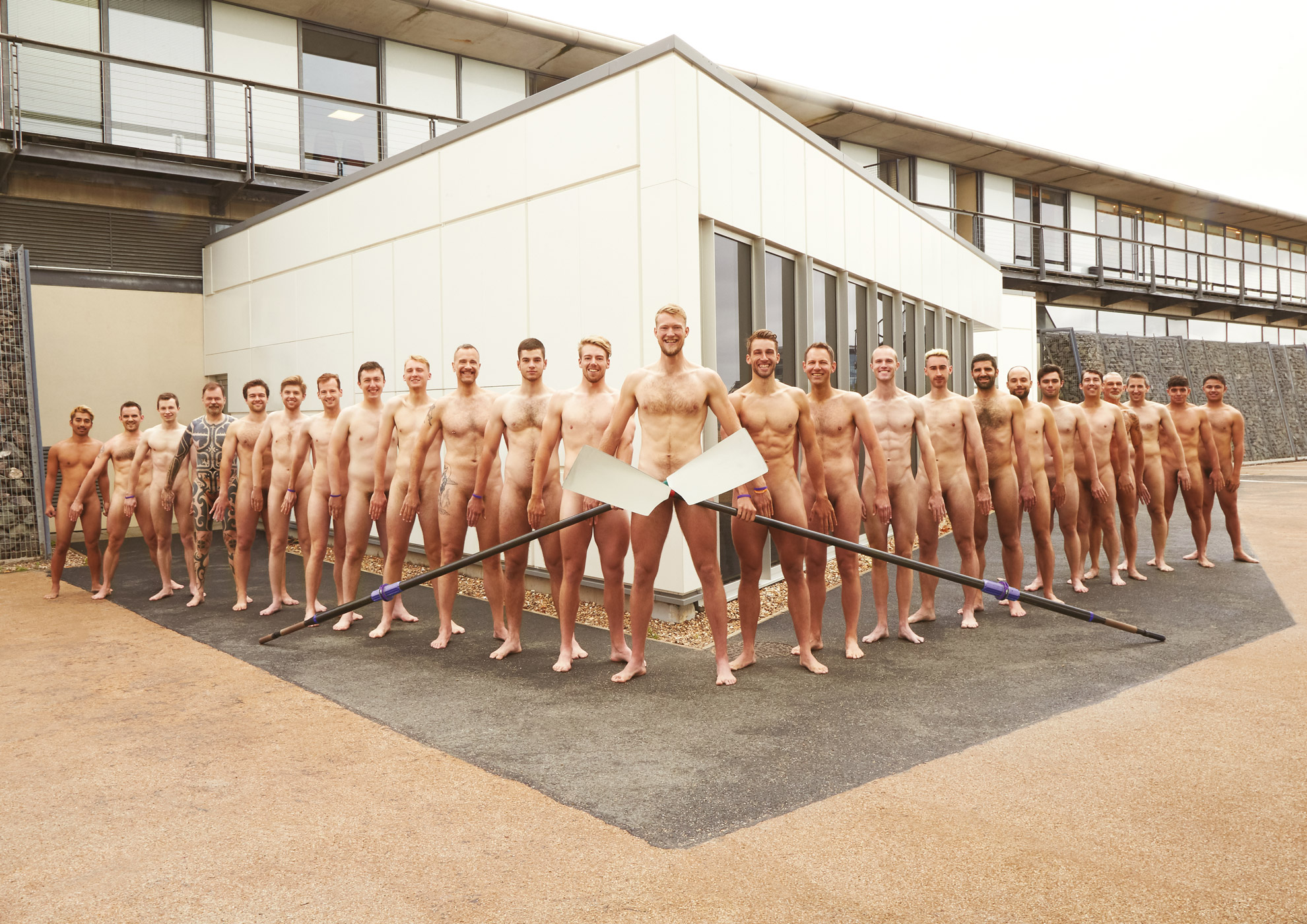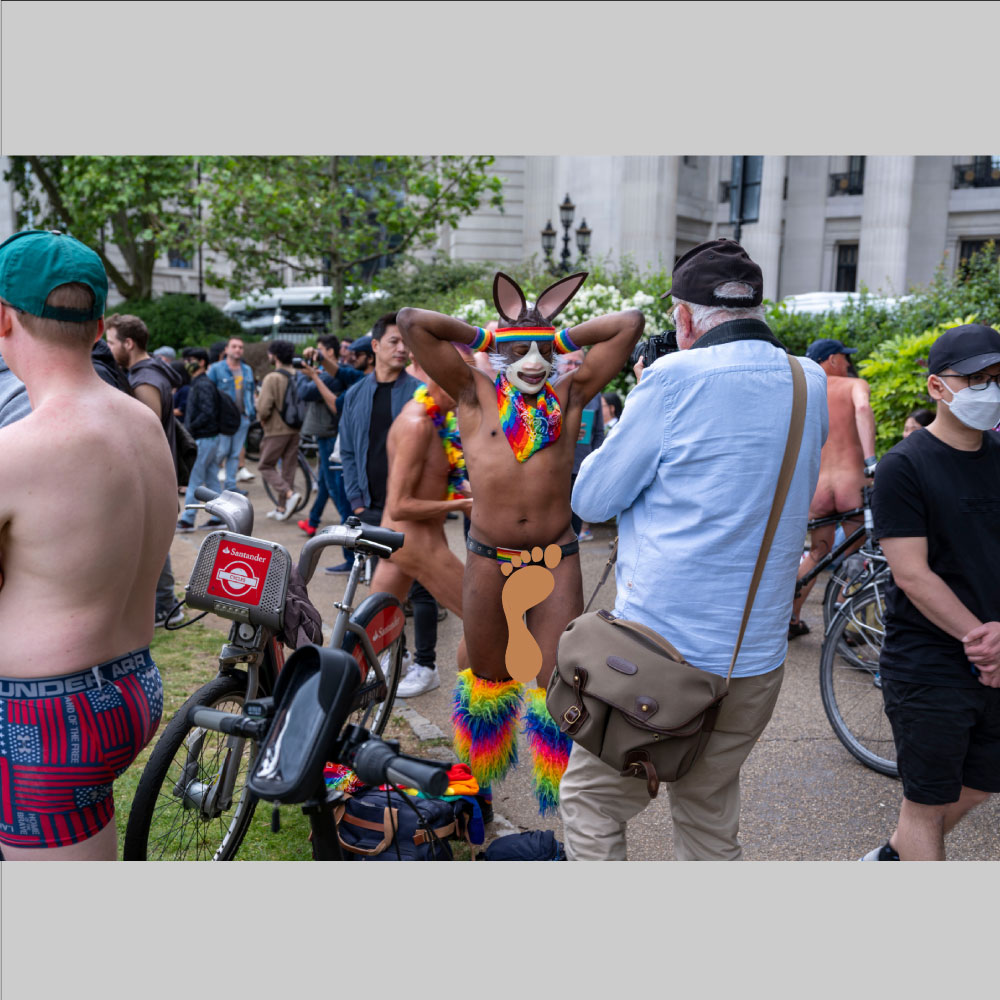Check out ‘The Changing Room’ – order our first poetry book
Worldwide Roar is now BAREFOOT MAN! Learn more

Stay up to date with our latest news, competitions and offers. We look forward to staying in touch.

26.12.23

A Story by Chat GPT4
In 2040, the Olympic Committee was facing a crisis. Viewership had plummeted, and public interest had waned. To revive the spirit and essence of the Games, historians proposed looking to the past—to the very beginnings of the Olympics in ancient Greece.
It was there, in Olympia in 776 BCE, that the first recorded Olympic Games took place, with athletes competing in the nude. Nudity was an homage to the gods and a celebration of the human body, in all its natural glory and power.
After months of debates, the Committee made a bold decision: the upcoming Summer Games would offer events where athletes could, if they chose, compete as the ancient Olympians did—in the nude.
This choice was made optional to respect the diverse cultures and beliefs of athletes around the world. The aim was not to sexualize the competitors, but rather to return to the roots of the Games and celebrate the human form and spirit.
As news broke, the world buzzed with anticipation and controversy. There were those who praised the decision, viewing it as a refreshing celebration of body positivity and a return to the true spirit of the games. Detractors, on the other hand, called it a gimmick, a desperate bid for attention.
When the Games began, the world watched with bated breath. Surprisingly, many athletes embraced the tradition. There was something primal, liberating, and powerful about competing in their most natural state, devoid of the trappings of modern sportswear.
In the racing events, runners sprinted, their muscles rippling, embodying the very essence of human motion. In gymnastics, the pure artistry and athleticism of the human body was on full display, unencumbered by clothing. Wrestlers grappled, echoing the traditions of millennia past.
Yet, it wasn’t just about the spectacle of the human body. The return of nudity to the Olympic Games shifted the narrative. Commentary focused less on what athletes were (or were not) wearing, and more on their stories, their dedication, and their talents.
There was a renewed sense of camaraderie among athletes. Competing in the nude was a great equalizer; there were no logos, no brand endorsements—just pure skill. Many spoke of feeling more connected to their fellow Olympians, sharing this uniquely vulnerable and powerful experience.
The world watched, fascinated, as records were broken and new champions crowned. As the Games concluded, it was clear that the decision to reintroduce nudity, even if only as an option, had shifted the global conversation about body positivity, authenticity, and the essence of the Olympics.
Not all subsequent Olympic Games continued the tradition, but the impact was undeniable. The 2040 Olympics served as a reminder of the raw power, beauty, and spirit of humanity. It was a celebration of our shared history, and a nod to the ancient athletes who, beneath the sun of Olympia, competed with passion, dignity, and pride.

Barefoot Man is proud to be working with the World Naked Bike Ride (WNBR) in London on creating content about...…

The Warwick Rowers began as a humble student calendar initiative, but over the years it has evolved into a much...…
You need to load content from reCAPTCHA to submit the form. Please note that doing so will share data with third-party providers.
More InformationYou need to load content from Turnstile to submit the form. Please note that doing so will share data with third-party providers.
More InformationYou need to load content from reCAPTCHA to submit the form. Please note that doing so will share data with third-party providers.
More Information